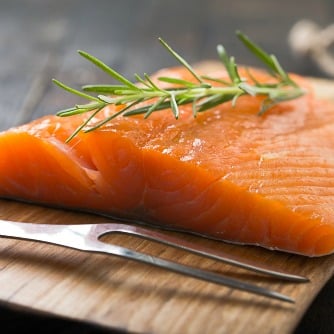A high proportion of the cancers arising in the breast, prostate, pancreas, colon, and the rest of the gastrointestinal tracts are adenocarcinomas. A number of previous studies suggest that approaches that decrease the activity of the enzyme cyclooxygenase-2 (cox-2), may deter the genesis and progression of adenocarcinomas. James J. DiNicolantonio, from Saint Luke’s Hospital (Missouri, USA), and colleagues observe than an ample dietary intake of omega-3 fats — the type prominent in fatty fish — could also be expected to oppose cox-2 activity as well. The investigators report that it is not only the amount of fish consumed daily, but also the nature of this fish, and how it is preserved or cooked, that can have a major impact on the potential of dietary fish to lower cancer risk. The study authors call attention to: “Analyses that focus on studies in which the upper category of fish consumption (not fried or salt-preserved) is 2 or more servings weekly, and on studies that evaluate the association of long-term fish oil supplementation with cancer risk yields a number of findings that are consistent with the hypothesis.”




